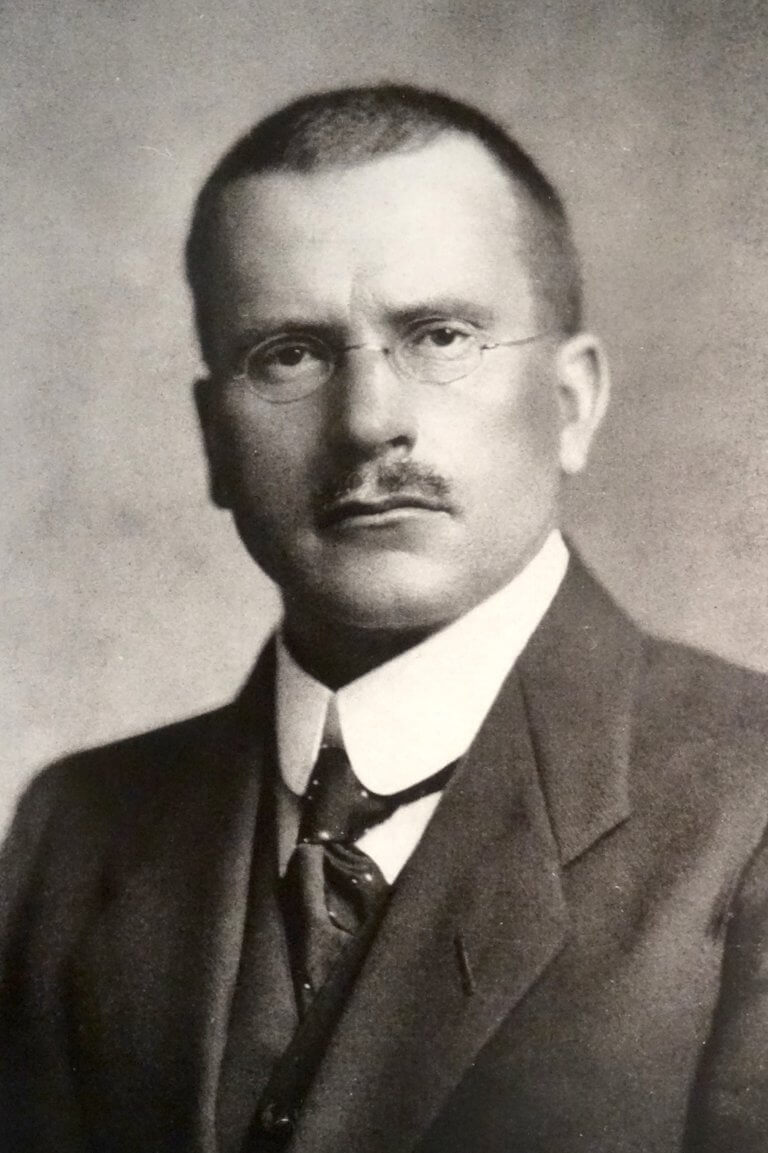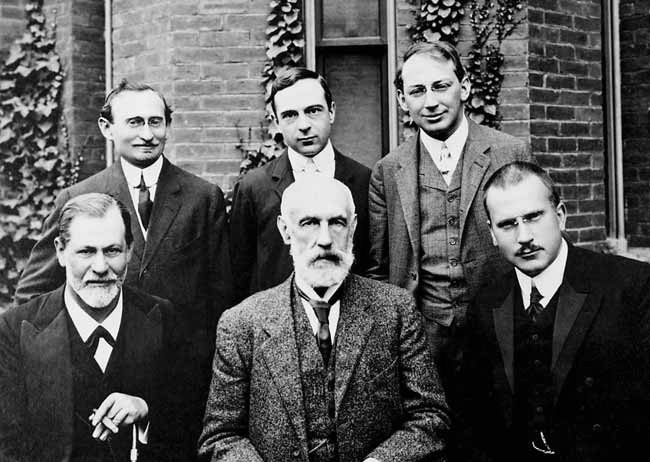What Is the Constancy Principle?
The constancy principle suggests that psychic energy strives to stay in a steady, balanced state.

The constancy principle suggests that psychic energy strives to stay in a steady, balanced state.

Who was Carl Jung and how did his ideas reshape the way we understand the mind? Explore the groundbreaking theories that continue to influence psychology and personal growth today.

Do you enjoy psychoanalyzing the people around you? Does interpreting dreams sound like fun? Are you inspired by the work and theories of Sigmund Freud? Here is a tongue-in-cheek list of a few signs that you might be the next great psychoanalyst. (Disclosure: I am neither a psychoanalyst nor a comedian.) The Bottom Line Analyzing…

Some of the most well-known psychologists in history have played a key role in shaping our understanding of the human mind and behavior. Many of them were also philosophers, educators, and therapists, contributing to multiple areas of study. Some introduced theories that are considered controversial, but their ideas have had a lasting influence on the…

There are many important events that have had a powerful influence on the history of psychology. The following are just a few important dates in psychology that mark significant events and milestones. On February 24, 1913, John B. Watson delivered his lecture, Psychology as the Behaviorist Views It, at a meeting of the American Psychological…

From infancy to adulthood, Erik Erikson’s psychosocial stages reveal how we face life’s challenges. Experts explore the milestones that shape our identities.